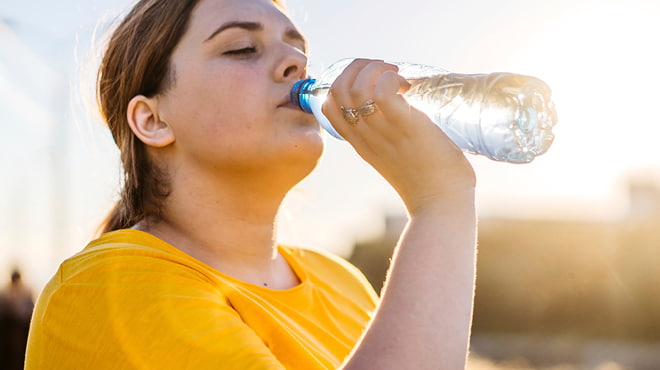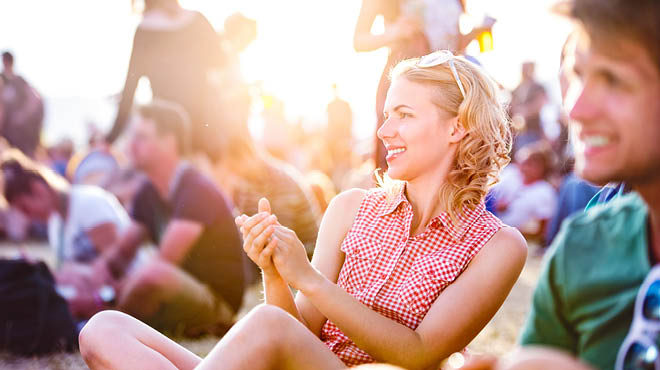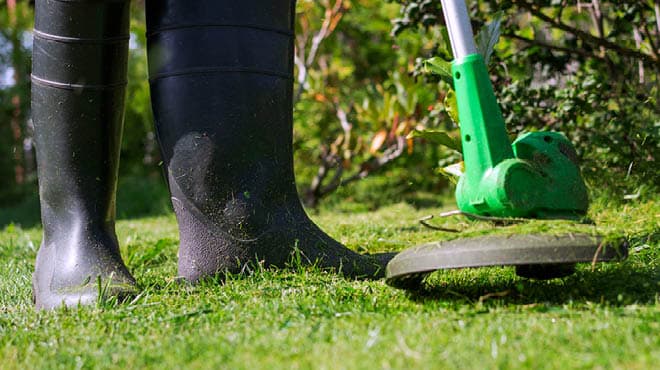Recent Posts
Use caution with fireworks

Independence Day has been celebrated with firework displays since the late 1770s. Public shows are put on in large and small communities, and some families plan private celebrations as well. As you celebrate, remember to exercise extreme caution when using fireworks, which cause injuries and deaths every year.
In 2021, the Consumer Product Safety Commission reported nine deaths related to fireworks and more than 11,500 injuries that were treated at emergency departments in the U.S. About 74% of these injuries occurred within a four-week period around Independence Day, from mid-June to mid-July.
Overall, about 32% of all firework-related injuries were burns. Hands and fingers are the most commonly injured parts of the body, accounting for about 31% of cases. These types of injuries often occur when people hold lit fireworks. Sparklers can also cause burns to hands and arms, especially in small children.
Eyes are especially susceptible to injury from fireworks. Eye wounds account for about 14% of fireworks-related injuries from the gunpowder, sulfur and charcoal that make up most fireworks.
If an eye injury occurs, don't rinse, rub or apply pressure to the eye. This may cause irritants, such as charcoal or gunpowder, to move around the eye, leading to further damage. Instead, seek immediate medical attention.
Fireworks are best left to professionals. If you choose to include fireworks in your private celebrations, confirm the type of fireworks that are allowed by your state and local ordinances.
Follow these safety tips when using fireworks:
- Be sure to read and follow all safety information and instructions for proper use.
- Keep small children away from fireworks.
- Only use fireworks in an open area that is far from animals, buildings, brush or any combustible materials.
- Skip fireworks completely if your area is at a high, very high or extreme level of fire danger.
- Create a safety perimeter. For ground-based fireworks like fountains, have spectators view from at least 35 feet away. For aerial fireworks, this distance should be at least 150 feet.
- Keep pets indoors. This ensures their safety and reduces stress for you and your pets.
- Have a bucket of water nearby to cool used sparkler wires and extinguish other fireworks. Consider having a garden hose readily available to continually douse any accidental fires.
- Never allow anyone under the influence of alcohol or drugs to use fireworks.
- Light one device at a time.
- Never hold or place a body part over a lit firework.
- Never attempt to relight a device that did not ignite the first time.
- Once you light a firework, get away quickly. The warning labels on fireworks are there for a reason.
- Soak all used and unused fireworks in water for a few hours before discarding them to ensure they won't accidentally ignite during disposal.
- Consider safer alternatives to fireworks like party poppers, bubbles, silly string or glow sticks.
- Always call 911 in an emergency.
Ashley Olson, D.O., is an Emergency Medicine physician in Mankato, Minnesota.





